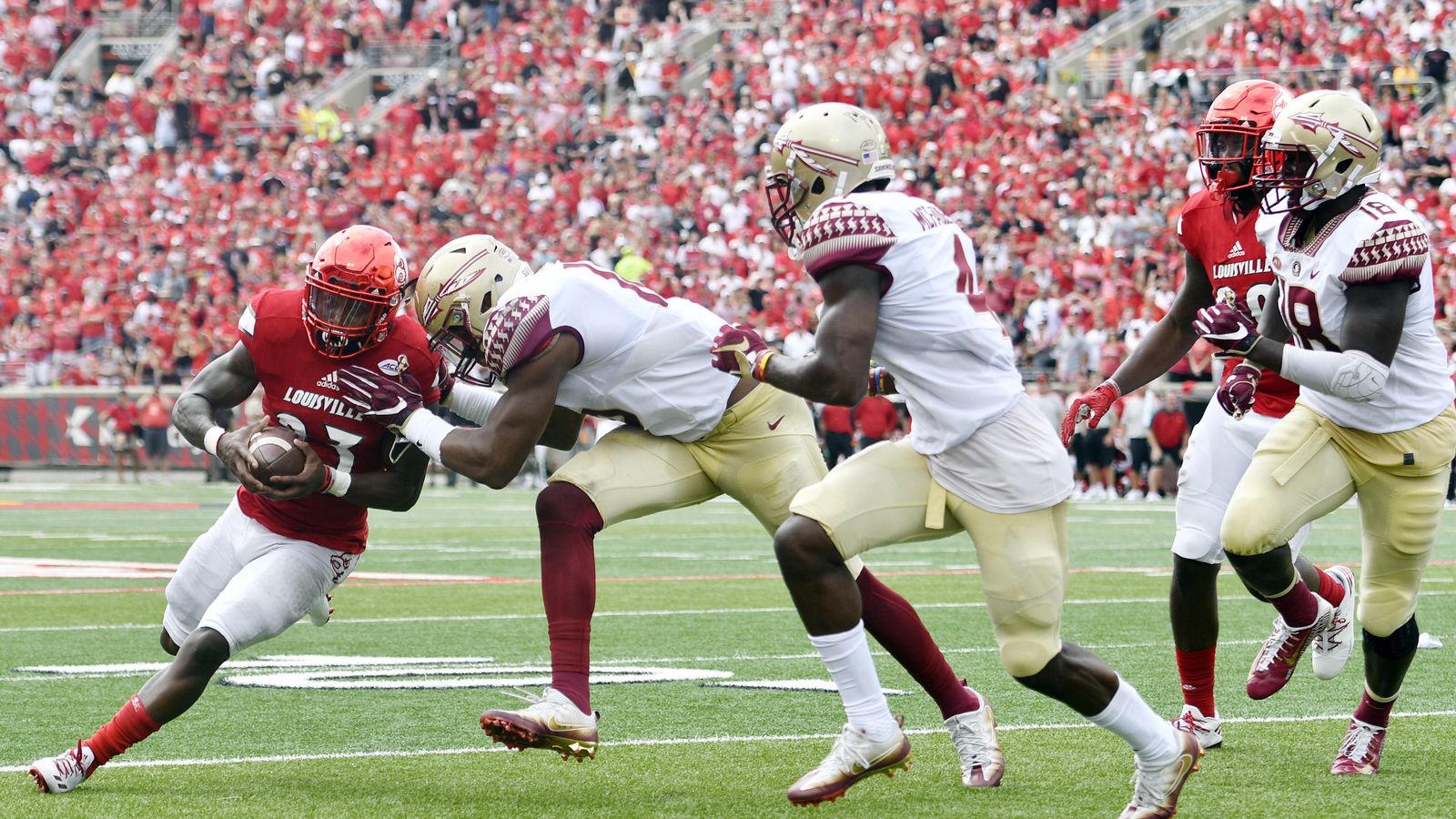FTC's Appeal Could Block Microsoft's Activision Blizzard Acquisition

Table of Contents
The FTC's Antitrust Concerns
The FTC's antitrust lawsuit against Microsoft centers on concerns about the potential for the acquisition to stifle competition in the video game market. The commission argues that Microsoft's acquisition of Activision Blizzard, the publisher of hugely popular franchises like Call of Duty, World of Warcraft, and Candy Crush, would give Microsoft an unfair competitive advantage, particularly in the console and cloud gaming markets. This acquisition could lead to significant market dominance.
- Potential for Monopoly: The FTC argues the merger would give Microsoft undue control over key gaming franchises, potentially allowing them to exclude competitors and harm consumers.
- Call of Duty's Significance: The FTC highlights Call of Duty's enormous popularity and its role in console sales. Microsoft's control over this franchise, the argument goes, could incentivize them to make it exclusive to their Xbox ecosystem, disadvantaging PlayStation and other competitors.
- Impact on Rivals: The acquisition could negatively impact competitors like Sony, who rely on Call of Duty’s cross-platform presence. This could force Sony to make significant changes to their gaming strategies.
- Higher Prices and Reduced Innovation: The FTC predicts that reduced competition could lead to higher prices for gamers and a decrease in innovation within the gaming industry due to lack of pressure from competitors.
Microsoft's Defense and Arguments
Microsoft has vigorously defended the acquisition, arguing that it will ultimately benefit consumers. Their counterarguments focus on expanding access to games, fostering innovation through cloud gaming, and ensuring Call of Duty's continued availability on competing platforms.
- Consumer Benefits: Microsoft insists that the acquisition will bring more games to more players through its Game Pass subscription service and expansion of cloud gaming.
- Long-Term Contracts: Microsoft has proposed long-term contracts to keep Call of Duty available on PlayStation and other competing consoles, aiming to address the FTC's concerns regarding exclusivity.
- Cloud Gaming Expansion: Microsoft highlights its commitment to developing its cloud gaming infrastructure, arguing that this will benefit consumers by providing more accessible gaming options.
- Market Share Argument: Microsoft contests the FTC's assessment of their market share, arguing that their share of the market remains significantly smaller than that of other tech giants.
The Potential Outcomes and Implications
The outcome of the FTC's appeal will have profound implications for the gaming industry. Two main scenarios are likely:
- Scenario 1: FTC Victory: If the FTC wins its appeal, the acquisition would be blocked. This would be a major blow to Microsoft and Activision Blizzard, potentially leading to significant financial repercussions for both companies. It would also set a significant precedent for future tech mergers and acquisitions, increasing regulatory scrutiny of large-scale deals.
- Scenario 2: Microsoft Victory: A win for Microsoft would likely pave the way for the acquisition to proceed, potentially leading to increased market consolidation in the gaming sector. However, it could also face further regulatory challenges from other jurisdictions.
The impact on gamers would be substantial regardless of the outcome. Pricing, the availability of games, and the pace of innovation could all be affected by the final decision. This case sets a vital precedent for future mergers and acquisitions within the gaming industry.
The Role of Other Regulatory Bodies
The FTC's appeal is not the only regulatory hurdle Microsoft faces. Regulatory bodies worldwide, including the European Union (EU), are also reviewing the acquisition. The EU’s decision will be crucial, as a negative ruling in Europe could derail the deal even if Microsoft prevails in the US. The global regulatory landscape plays a significant role in determining the ultimate success or failure of this merger. International antitrust laws and regulations are critical considerations in this case.
Conclusion
The FTC's appeal against the Microsoft-Activision Blizzard acquisition is a pivotal moment for the gaming industry. The arguments presented by both sides highlight critical issues surrounding competition, market dominance, and the future of gaming. The potential outcomes—either blocking the acquisition or allowing it to proceed—will have far-reaching consequences for gamers, developers, and the broader tech landscape. Stay tuned for further developments regarding the Microsoft Activision Blizzard acquisition; follow the latest updates on this crucial antitrust case to understand its impact on the gaming industry's future.

Featured Posts
-
 Where To Watch Lionel Messis Inter Miami Games Mls Schedule Live Streams And Betting Odds
Apr 29, 2025
Where To Watch Lionel Messis Inter Miami Games Mls Schedule Live Streams And Betting Odds
Apr 29, 2025 -
 Capital Summertime Ball 2025 Tickets The Ultimate Buying Guide
Apr 29, 2025
Capital Summertime Ball 2025 Tickets The Ultimate Buying Guide
Apr 29, 2025 -
 Jeff Goldblums Wife Emilie Livingstons Age And Children
Apr 29, 2025
Jeff Goldblums Wife Emilie Livingstons Age And Children
Apr 29, 2025 -
 How Arne Slot Nearly Delivered Liverpool The Premier League
Apr 29, 2025
How Arne Slot Nearly Delivered Liverpool The Premier League
Apr 29, 2025 -
 Eleven Years After The Louisville Tornado Lessons Learned And Community Resilience
Apr 29, 2025
Eleven Years After The Louisville Tornado Lessons Learned And Community Resilience
Apr 29, 2025
